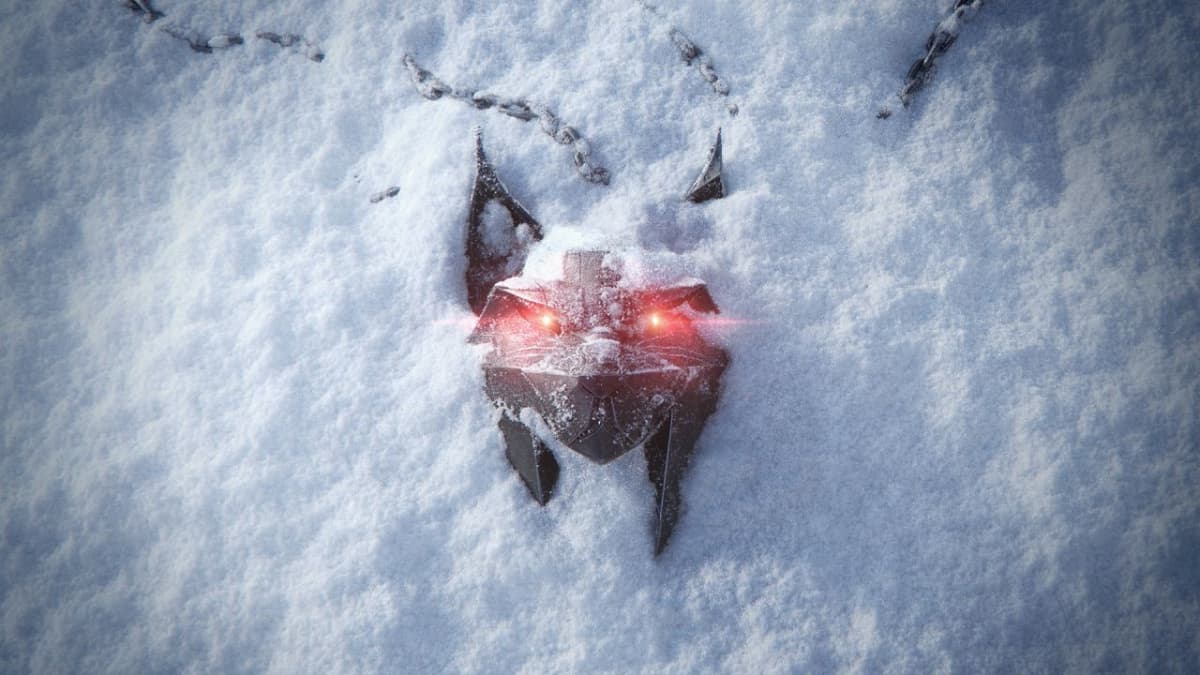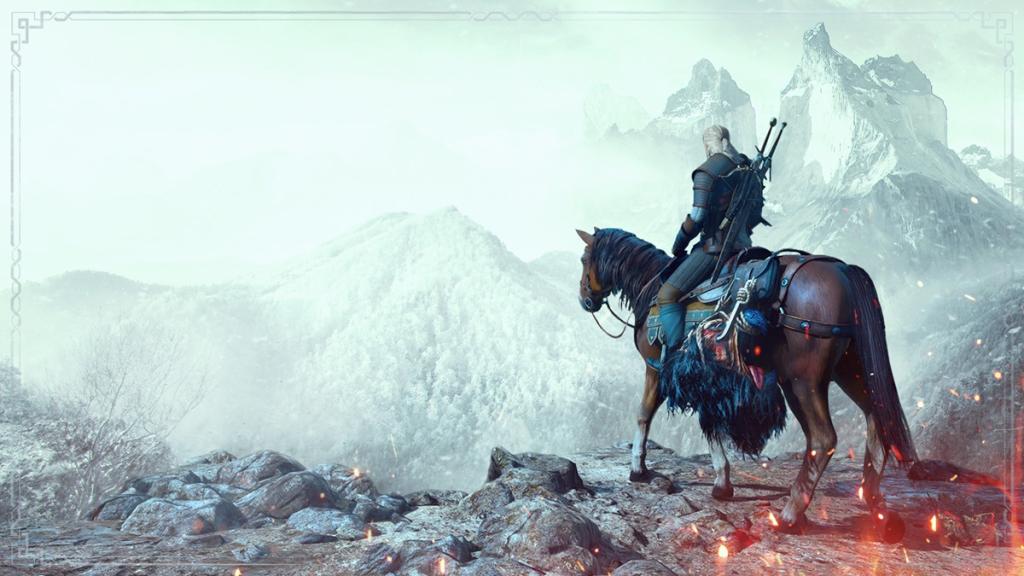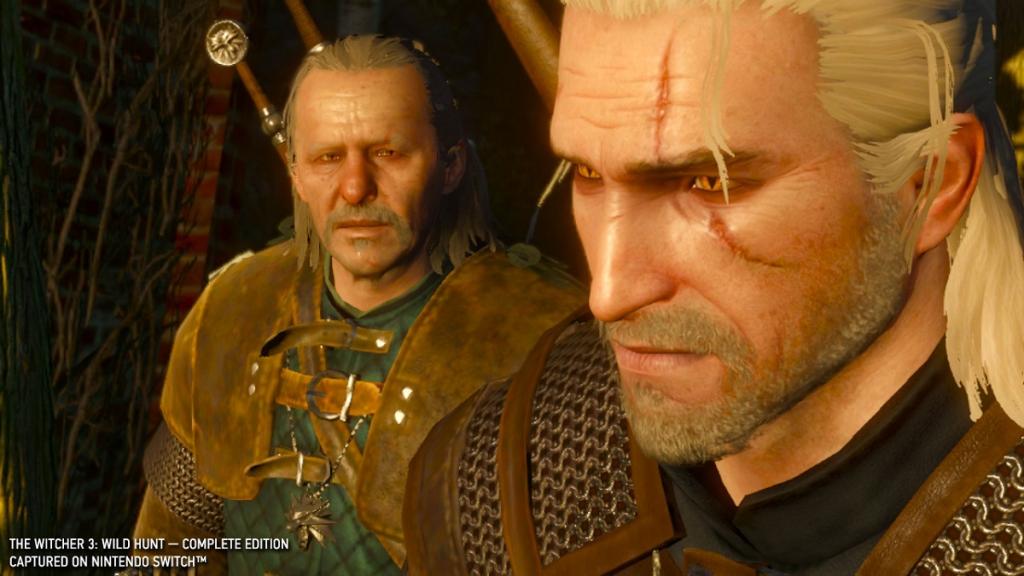
Answering questions from fans in anticipation of his new novel's English translation, Witcher author Andrzej Sapkowski said how he finds witcher schools to be 'unnecessary,' and based largely on a single sentence in his The Last Wish short story.
Sapkowski believes the concept to be obsolete and narratively inadequate to his world and stories, and cannot fathom why every adaptation has clung to it so vehemently, as explained in his AMA. CDPR in particular expanded heavily on the concept, which Sapkowski didn't want to substantiate in the books, and I, for one, think that was the right thing to do.

Witcher schools, as an idea, do have a few mentions in the Witcher books, though they are never super detailed, explained, or built upon. Sapkowski dealt with worldbuilding on a surface level, utilizing primarily real-world myths and legends, to the point of basically mirroring them in his stories, down to the smallest of details.
This is by no means a bad thing: his works are some of the greatest sword and sorcery tales ever told, this being a genre that liberally borrows from our own reality. However, aside from a lot of place names, rivers, and locales, Sapkowski never drew a map or dealt with too many overarching worldbuilding aspects like Tolkien did, which, as I've said, is not inherently a flaw.
So, witcher schools aren't really a thing in the books, but are a key part of the games' version of the Continent, so much so that they inform behavior, gear, medallions, appearance, and so many other things of each of their witchers. Geralt's School of the Wolf membership shapes him tremendously, as it does Vesemir and Eskel, with Lambert being somewhat of a black sheep, which itself serves to illustrate his character better.
Those in the Cat and Viper schools are so tremendously dangerous that just hearing of the schools themselves instills fear and awe. Mystery shrouds the Griffin and Manticore schools, though we do have information on them in the many books, documents, and trivia one can discover throughout the trilogy. Additionally, there's also the Bear school, which has the coolest armor imaginable, especially when mastercrafted.

Therefore, there are a lot of schools in the games, and I believe it was the right decision to expand on this concept. While Sapkowski thinks of them as “Slytherin” and “Gryffindor” parallels, the schools in the games are much more than that. No witcher school is a Hogwarts equivalent, and by no means did the children who were kidnapped and tortured in them have any fun. But they do, for better or worse, diversify the witcher guild and add layers upon layers of mystery, intrigue, depth, and size to the once great trade.
Witchers are dying out slowly but surely, leaving themselves out of work by killing all the monsters. It's only logical that witchers would try to expand, to repopulate, to become more efficient and profitable, founding various branches and offshoots in the hopes that they'll achieve these goals. Morals, which are tremendously varied among the witchers both in the books and the games, would play a significant role here.
Witchers believing in one code won't want to work with those on the opposite side, with the likes of the School of the Cat turning into assassins and sell-swords in the wake of the receding monster population. Those who are driven by their own morals will find like-minded folk to assist them, so why wouldn't they found schools to bring up even more witchers who share the same beliefs as them?
The schools paint a great canvas of various different witchers, with so many backgrounds, ideas, and beliefs, that the profession generally lacks in the books. We are supposed to believe that they were once super powerful, numbered, and useful, and yet they wouldn't have formed factions to further their own means of doing things. No guild, whatever its trade, is unitary and collected all the time, and especially not one as curious as the witchers.
The witcher schools were necessary, and even more so for the games: they let us connect witchers with specific traits common in their school, make them more recognizable by the gear and medallion they're wearing, with adherence or rebellion against their respective school being an extra layer to already detailed characters.
The schools give identity, proving Sapkowski is simply incorrect when he calls them “unnecessary,” at least about the games.
Like our content? Set Destructoid as a Preferred Source on Google in just one step to ensure you see us more frequently in your Google searches!
The post The Witcher author pooh-poohed a key storytelling idea, but CDPR proves him wrong appeared first on Destructoid.







